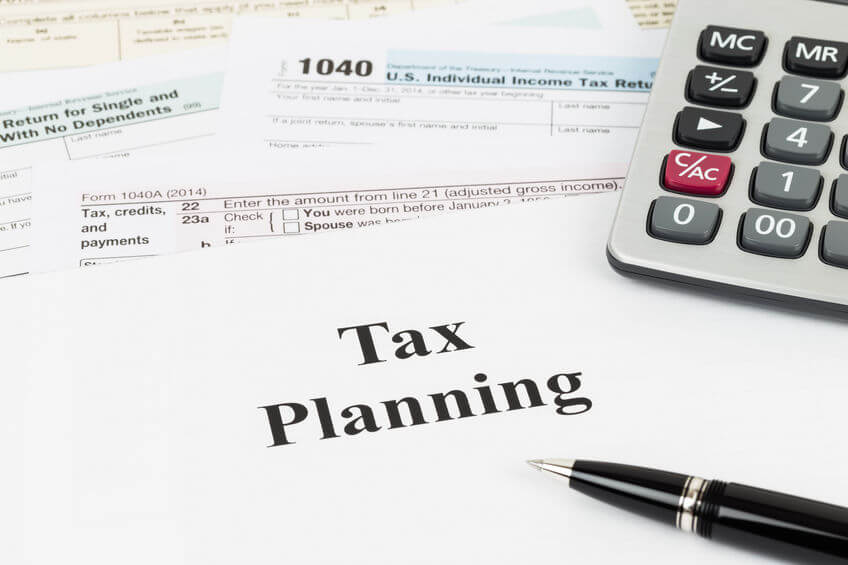Taxes are a key concern when running a business, and preparing your documentation for filing shouldn’t be put off until the last minute. A review of company records over the previous year can provide a valuable overview of company finances. This allows for the correction of errors and the detection of any unusual activities with enough time to correct such items before needing to file for the year.
In addition to having accurate records, there are a variety of items you need to have reviewed adequately before filing your business taxes as they can have a notable impact on taxes owed to the government.
Key Business Considerations
- Reasonable Compensation: owners of S-corporations are required to pay themselves reasonable compensation. Salaries may need to be determined or adjusted prior to year-end since compensation must be included in 4th quarter payroll tax returns and W-2 forms.
- Bonuses: for yearly taxes, bonuses count as a business expense and are deductible as ‘payments to employees’. For owners of businesses, the amount of compensation including bonuses will have a significant impact on the maximum amount of your retirement contribution. For employees, bonuses are simply taxed as income with the standard withholding requirements (FICA, state, and federal taxes).
- Health Care: your small business can claim a healthcare credit under certain parameters. To summarize, your business must employ 25 or less full-time employees with an average wage of less than $53,000 for the year 2017. In addition to this, you must offer insurance coverage through the Small Business Health Options Program Marketplace and pay at least 50% of your employees’ health care coverage. If these criteria are met your small business can claim 50% of premiums paid for full-time taxable employees and 35% of premiums paid for tax-exempt employees. You should also look at maximizing HSA contributions.
- Buying Equipment: company equipment is classified as a fixed asset. As such you can take depreciation as a tax credit. Notably, equipment purchased during the tax year can be used to reduce taxable income through the use of accelerated depreciation of up to 100% of the cost.
- Retirement Contributions: small businesses can choose from a variety of retirement plans such as a 401(K), SEP IRA or a SIMPLE IRA, and even if you are a self-employed person with no employees you can have one as well in the form of a Self-Employed 401(k). These retirement plans offer several tax advantages. Contributions to employee retirement plans can be deducted as a business expense, tax credits for start-up expenses can be taken for the first three years of the plan if this is the first time your business has offered a retirement plan, and retirement contribution growth is tax-deferred.
Final Considerations
Management of your company’s taxes should be accurate and done well in advance of when tax documentation has to be filed. As business taxes have numerous different items that affect taxes, hiring a professional and experienced CPA is advisable. Improperly prepared taxes may not only cause fines but in many cases, you may not be claiming all the credits you are entitled to.
